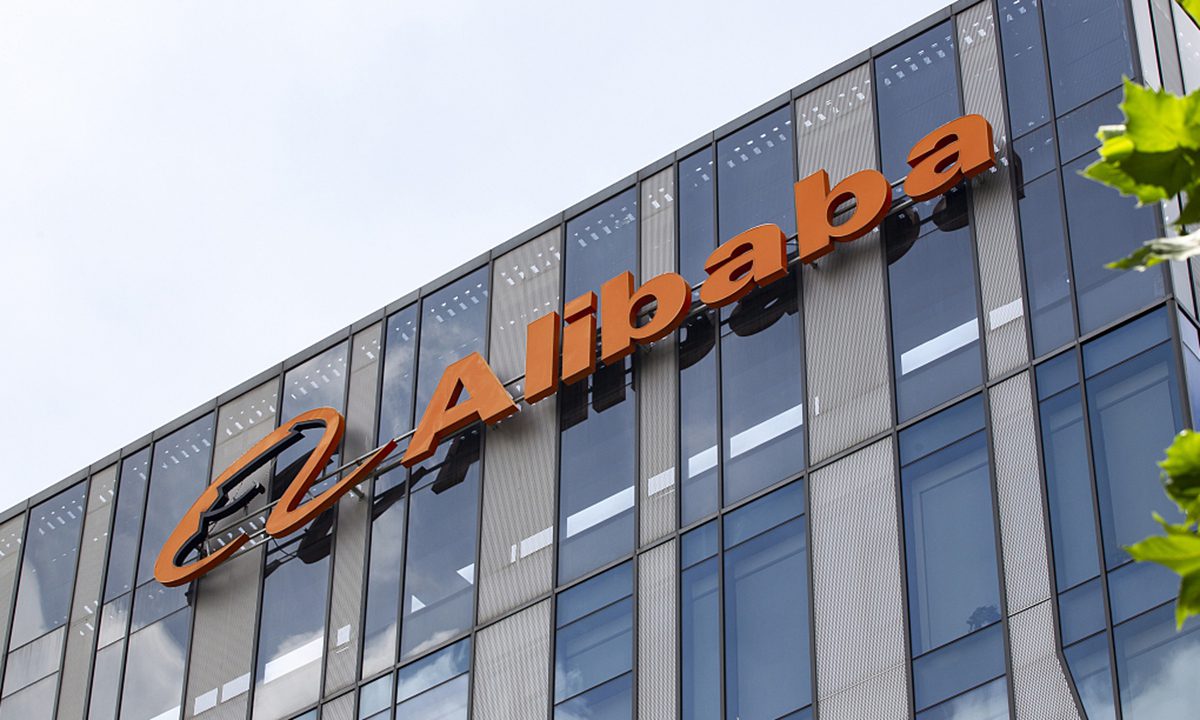Chinese regulator fines Alibaba, sends policy signal to ensure development and fairness of online economy
国家市场监督管理总局对阿里巴巴的行政处罚

China’s regulator imposed a fine of 18.23 billion yuan ($2.78 billion) on Chinese e-commerce mammoth, Alibaba for its violation of anti-monopoly laws. The fine, the largest anti-monopoly fine ever rolled out by Chinese authorities, accounts for about 4 percent of the company’s domestic sales in 2019.
The State Administration for Market Regulation (SAMR) also released an administrative guidance, urging Alibaba Group to carry out “comprehensive and profound” self-inspections according to the Anti-monopoly Law to inspect and standardize their business operations.
To improve their internal law compliance system, Alibaba was asked to carry out law compliance trainings of their executives and employees regularly, and to report these relevant proceedings to government authorities.
Besides, they should establish a reporting channel as well as dispute solving mechanism, while informing the public of any punishment measures they roll out on businesses, such as halting services or removing their products, the guidance showed.
Alibaba has been requested to make a rectification plan according to such requirements listed in the guidance, and to submit the plan to the SAMR before April 30. The company is also required to submit self-inspection reports to the SAMR for three years consecutively.
The platform is also required to establish an external appraisal system by consumers and social experts, as well as to carry out cooperation with businesses based on fair and indiscriminative principles.
The SAMR also suggested that Alibaba should reveal law-compliance situation to the public to seek social inspection.
If Alibaba does not agree with the penalty, it could apply to the SAMR for administrative reconsideration within 60 days after receiving the penalty notice, or file an administrative litigation to the court.
The authorities imposed the penalties on the merits of several legal provisions under China’s Anti-monopoly Law. According to the SAMR’s administrative punishment written decision, Alibaba has abused its market dominance position and violated anti-monopoly laws.
For example, it has forbidden businesses on is platforms to open online shops on other platforms deemed as competitors by Alibaba. Those shops are also banned from participating in other online platforms’ promotional campaigns. Businesses that didn’t comply with these rules were punished by the company, such as disqualifying them from launching promotional activities and diminishing their access to consumer searches.
Not only is Alibaba facing China’s largest fine in anti-monopoly violation, the penalty has also surpassed the scale of many similar anti-monopoly fines on foreign Internet giants, such as the 2.42 billion euros ($2.7 billion) Google was fined by EU in 2017, as well as the $975 million fine of Chinese authorities on Qualcomm for unfair market practices in 2015.
The fine of $2.78 billion accounts for about 40 percent of the group’s net profit in the first quarter. The company earned a profit of 46.4 billion yuan in the first quarter of the 2021 fiscal year.
In the wake of the fine, Alibaba published an open letter addressed to its customers and the public. In the letter, Alibaba said that it accepts the penalty with “sincerity and will ensure our compliance with determination,” It also said the punishment reflects the regulators’ thoughtful and normative expectations toward industry’s development.
“It is an important action to safeguard fair market competition and quality development of internet platform economies,” the letter read.
The company also said that it will further strengthen focus on customer value creation and experience, as well as continuing to introduce measures to lower entry barriers and business costs of operating on the platform.
Alibaba’s shares lost 2.24 percent in Hong Kong trading on Friday. Its American depository Receipts also shed 2.16 percent on Friday.
The fine represents the government’s efforts to strengthen anti-monopoly management and prevent companies from disorderly expansion. But it doesn’t mean the government is denying the important role of online platform companies, wrote the People’s Daily in an article it published shortly after the fine was rolled out.
“The government’s attitude to support online platforms’ development has not changed, but it will focus both on development as well as regulations,” read the article.
Shi Jianzhong, a professor with the China University of Political Science and Law, said that the Alibaba case indicates that the implementation of Chinese anti-monopoly law on online platforms has “entered a new phase”. It also sends out a clear policy signal that while the government encourages development of online economy, it will also prevent and stop companies from hurting consumers’ interests, innovation and competition via their advantages in data, technologies and capital.
According to Shi, the decision to fine 4 percent of Alibaba’s domestic sales of 2019 is moderate, as it shows the principal of laws and the government attitude to strengthen anti-monopoly management, but also shows the policy directive to support online platforms’ development. The law stipulates that companies will be given a fine amounting to 1-10 percent of their yearly sales of previous year if they abuse market dominance status.








